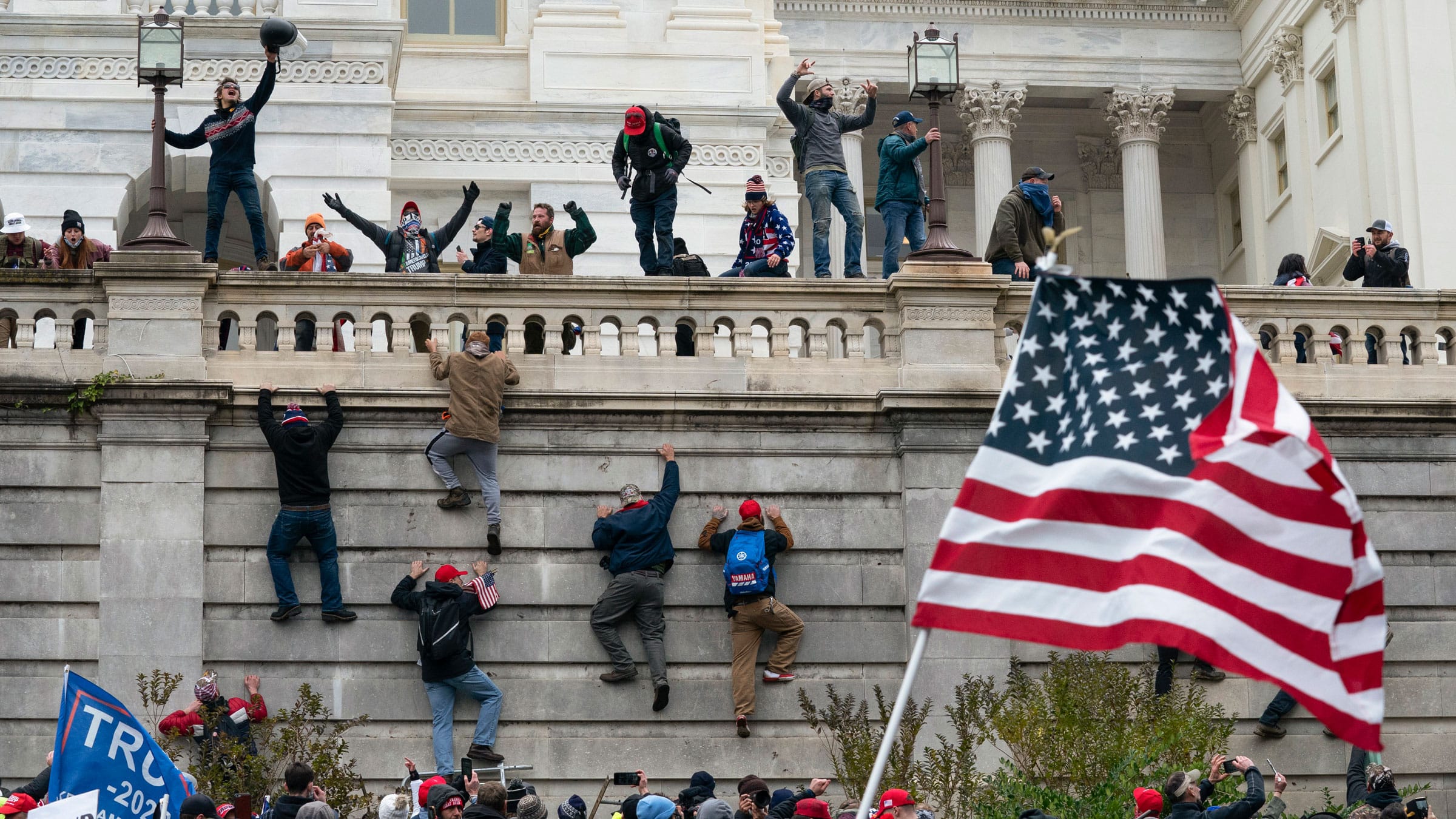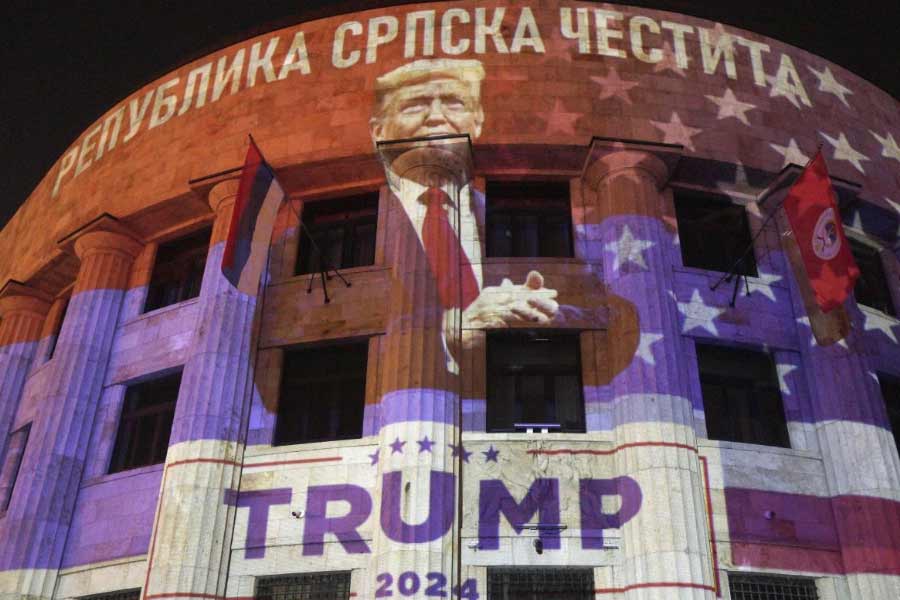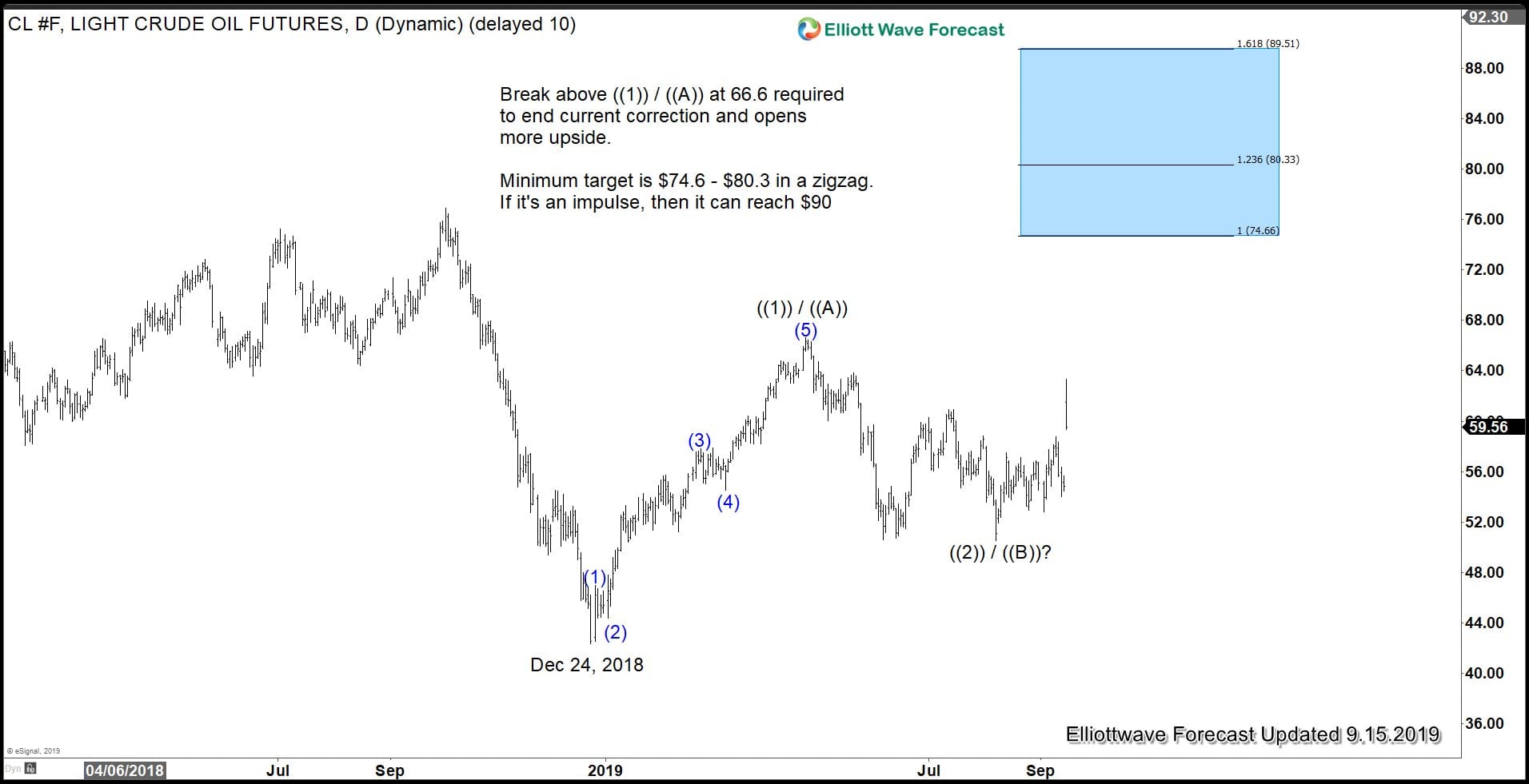The Department of Justice (DOJ) is grappling with a substantial backlog of cases stemming from the January 6, 2021, insurrection at the U.S. Capitol. As of now, approximately 200 cases remain pending, involving individuals charged with a variety of offenses related to the attack that disrupted the certification of the 2020 presidential election results. The insurrection, which saw a mob of supporters of then-President Donald Trump breach the Capitol building, resulted in widespread condemnation and a series of investigations into the events of that day.
The pending cases encompass a range of charges, from misdemeanor offenses to more serious felonies, including assault on law enforcement officers and conspiracy. The DOJ has been actively pursuing these cases, emphasizing its commitment to holding accountable those who participated in the violence and chaos that unfolded on January 6. This effort reflects a broader strategy to ensure that the rule of law is upheld and that those who threaten democratic processes face legal consequences.
As Trump prepares to announce his candidacy for the 2024 presidential election, the existence of these pending cases adds a complex layer to his political ambitions. The former president has consistently maintained that the 2020 election was marred by fraud, a claim that has been widely debunked by various courts and election officials. Nevertheless, Trump continues to rally his base around this narrative, which has significant implications for his potential campaign and the political landscape as a whole.
The DOJ’s focus on these cases has also sparked discussions about the broader implications for American democracy. Legal experts and political analysts are closely monitoring how the outcomes of these cases might influence public perception of the January 6 events and the individuals involved. The legal proceedings serve not only as a mechanism for accountability but also as a reflection of the ongoing national debate regarding the integrity of elections and the responsibilities of citizens in a democratic society.
In addition to the legal ramifications, the pending cases pose challenges for the DOJ in terms of resources and public perception. The agency has faced scrutiny over its handling of the insurrection and the subsequent investigations. As the cases progress, the DOJ must navigate the delicate balance between ensuring justice and addressing the concerns of a divided public. The outcomes of these cases could either reinforce or undermine public trust in the judicial system, depending on how they are perceived by different segments of the population.
Furthermore, as Trump seeks to mobilize support for his potential candidacy, the pending cases may become a focal point of his campaign strategy. He has previously used legal challenges as a rallying cry, framing them as politically motivated attacks against him. This narrative could resonate with his supporters, potentially galvanizing his base while simultaneously alienating those who view the insurrection as a serious threat to democratic norms.
The political landscape surrounding the January 6 insurrection remains contentious, with various stakeholders weighing in on the implications of the pending cases. Some advocates for accountability argue that the DOJ must pursue these cases vigorously to send a clear message that violence and insurrection will not be tolerated in a democratic society. Conversely, others express concerns about the potential for overreach and the impact of these prosecutions on free speech and political dissent.
As the DOJ continues to process the pending cases, the legal proceedings will likely unfold against the backdrop of an increasingly polarized political environment. The outcomes of these cases could have far-reaching consequences, not only for those directly involved but also for the broader societal understanding of accountability and justice in the wake of the January 6 events.
In conclusion, the approximately 200 pending cases connected to the January 6 insurrection present significant challenges and opportunities for the DOJ as it seeks to uphold the rule of law. As Trump prepares to re-enter the political arena, the implications of these legal proceedings will undoubtedly play a crucial role in shaping the narrative surrounding his potential candidacy and the ongoing discourse about democracy in the United States.



